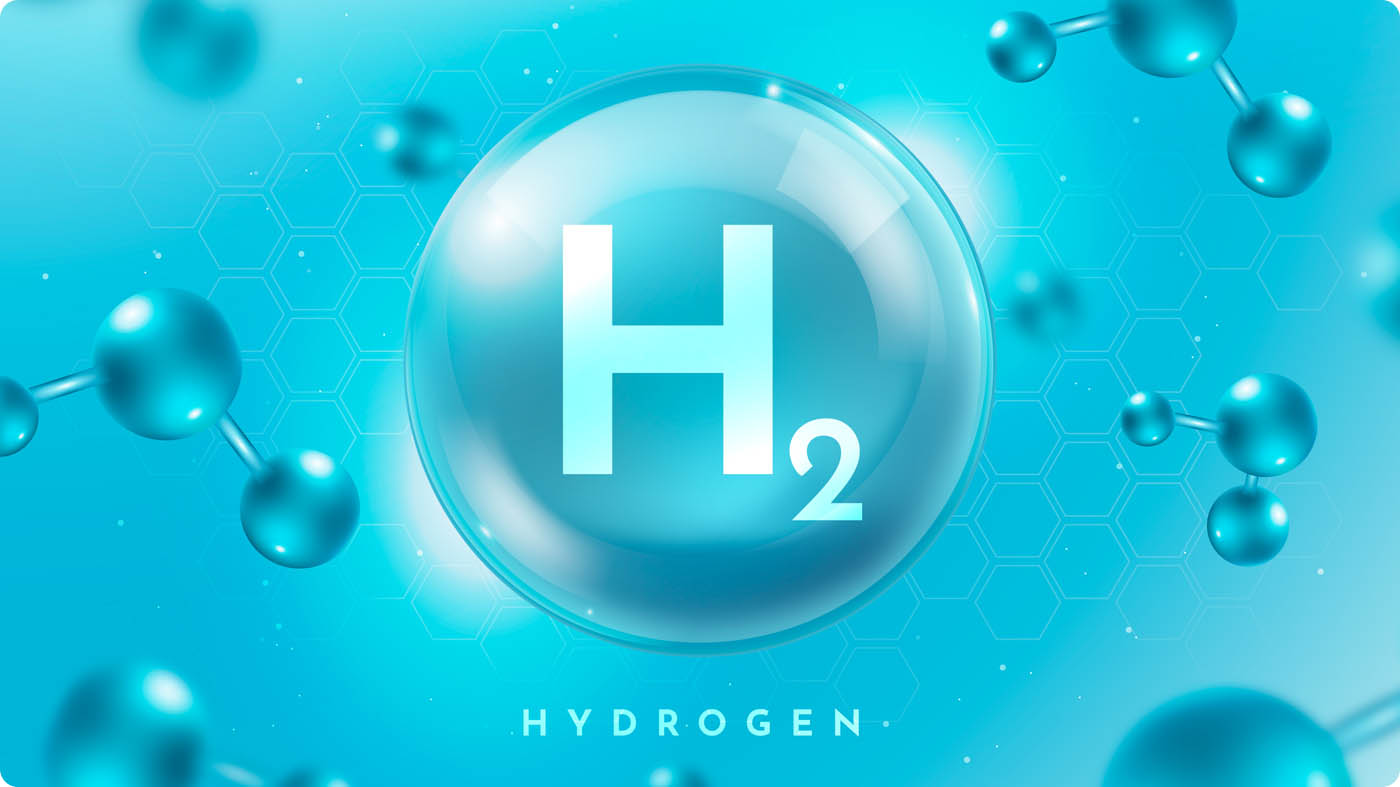Scientific Research on Molecular Hydrogen – What Studies Show

Molecular hydrogen (H₂) has become a subject of increasing scientific interest since the first studies on its biological effects appeared in 2007. Researchers around the world have explored how this tiny molecule interacts with the body’s antioxidant systems, energy metabolism, and cellular signaling. Today, over 1,500 peer-reviewed papers have been published on the potential health-related effects of hydrogen gas and hydrogen-rich water.
What Scientists Have Discovered
Most studies suggest that molecular hydrogen acts as a selective antioxidant and signaling molecule rather than a traditional supplement. It helps regulate the balance between oxidation and reduction (the redox balance) in cells, which is critical for energy production, immune function, and aging processes.
Hydrogen’s unique ability to reach the mitochondria and cell nucleus makes it an intriguing candidate for supporting natural defense mechanisms against oxidative stress — a key factor in many physiological and age-related processes.
- 🧬 Cell Protection: H₂ may help neutralize highly reactive hydroxyl radicals (•OH), protecting DNA and proteins from oxidative damage.
- 💪 Energy Metabolism: Supports mitochondrial function, potentially improving endurance and recovery.
- 🧠 Brain Health: Shown in animal and early human studies to help maintain neuronal balance and cognitive clarity.
- ❤️ Inflammation Modulation: Helps regulate inflammatory responses by influencing gene expression and cellular signaling.

Key Research Areas
According to PubMed-indexed publications, studies on molecular hydrogen focus on several main areas:
- Oxidative Stress and Redox Signaling – balancing reactive oxygen species and maintaining homeostasis.
- Exercise and Recovery – supporting muscle performance and reducing fatigue markers.
- Metabolic Health – influencing glucose metabolism and lipid oxidation in experimental models.
- Neuroprotection – effects observed in Parkinson’s, Alzheimer’s, and cognitive stress studies.
- Anti-Inflammatory Potential – modulation of NF-κB and related signaling pathways.
Example References and Reviews
For those interested in primary literature, here are a few notable publications available on PubMed and similar databases:
- Ohsawa et al., *Nature Medicine* (2007): First report showing H₂ selectively reduces cytotoxic oxygen radicals.
- Ichihara et al., *Medical Gas Research* (2015): Overview of hydrogen’s biological and therapeutic potential.
- Nakao et al., *Scientific Reports* (2017): Clinical effects of hydrogen-rich water in metabolic conditions.
- Hong et al., *Frontiers in Aging Neuroscience* (2022): Review of hydrogen’s neuroprotective mechanisms.
These papers are among hundreds exploring hydrogen’s impact on oxidative stress, inflammation, and cellular signaling. While most results are preliminary, the consistency across models suggests meaningful biological activity worthy of continued research.
The Importance of Continued Research
Hydrogen science is still developing, and researchers emphasize the need for larger, long-term human studies to fully understand its potential. However, the growing body of data indicates that H₂ has a unique and safe biological profile, combining simplicity with measurable physiological impact.
Hydrogen’s low molecular weight, selective action, and ability to diffuse rapidly make it a valuable model for studying redox biology — and possibly one of the most fascinating natural molecules in modern medical research.
Continue Exploring
To understand hydrogen in everyday use, visit Everyday Use of Molecular Hydrogen. For an introduction to its basics, see What Is Molecular Hydrogen and Hydrogen Water Explained.

